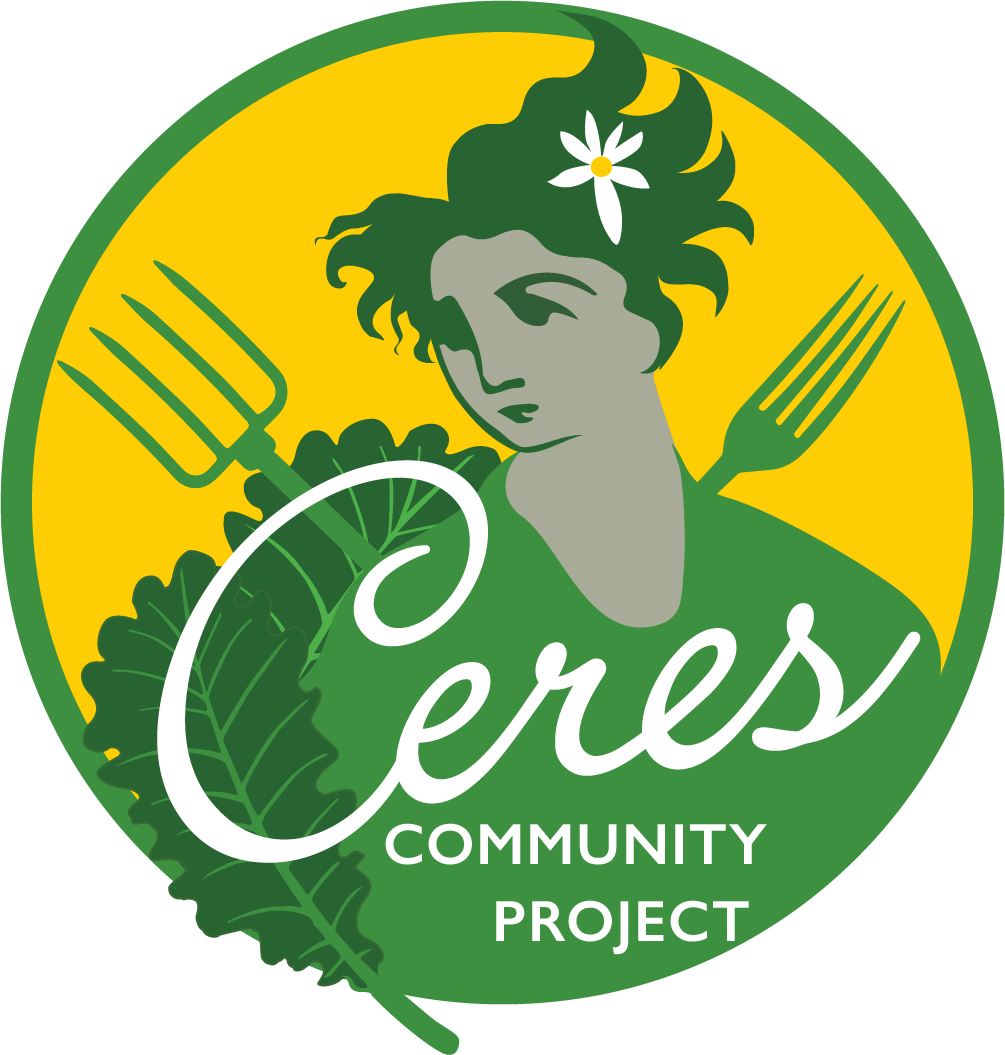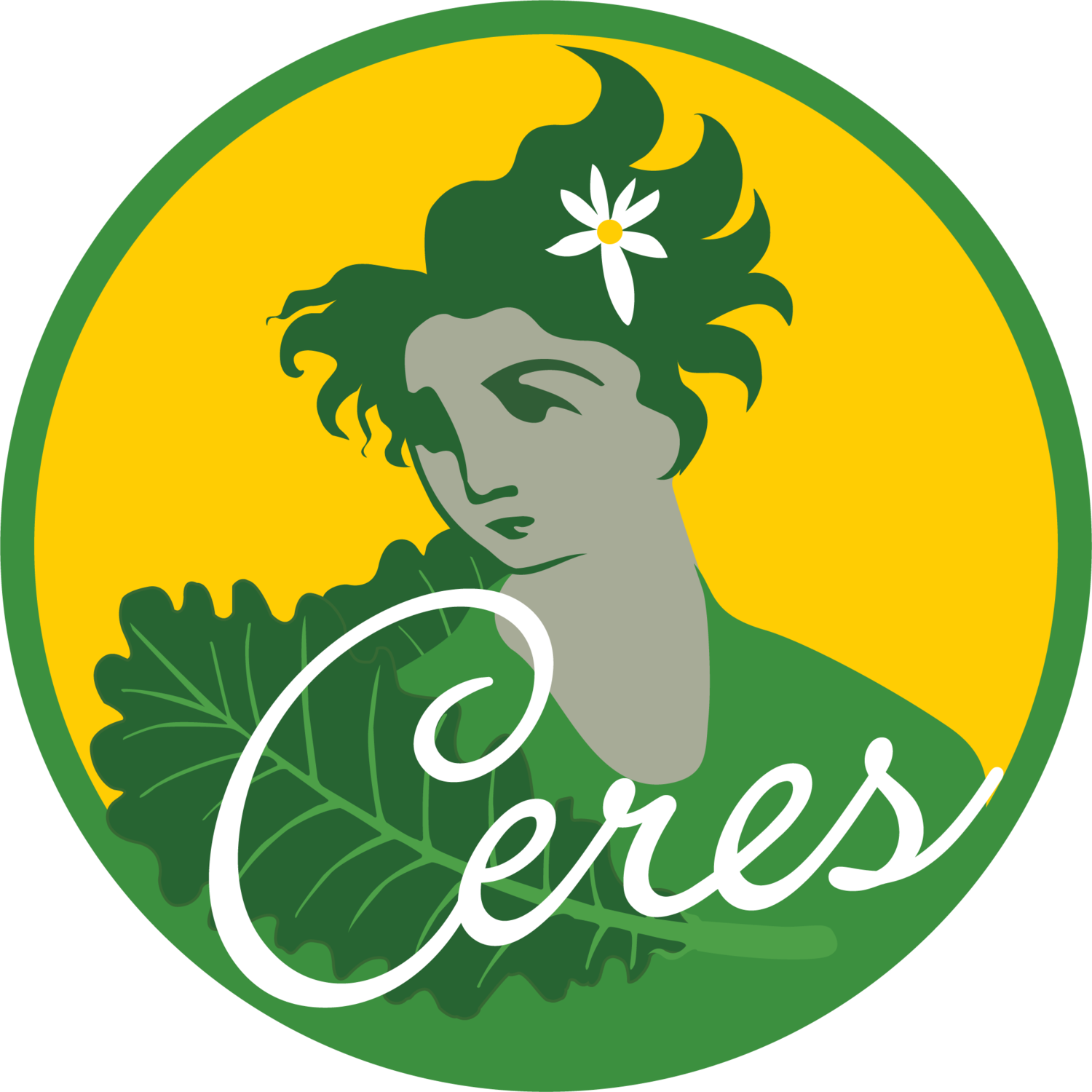Why Community-Based Organizations Should Provide Medically Tailored Meals
Heart disease, which growing evidence shows can be prevented and managed through diet, is the leading cause of death in the US. That’s why access to medically tailored meals (MTMs) and nutrition counseling is so critical for Ceres’ clients like Sandi Melia, a 68-year-old living alone with multiple medical conditions
MTMs are designed to meet specific nutritional needs, offering a lifeline to individuals managing chronic diseases. Unlike conventional meals, MTMs are meticulously crafted under the guidance of registered dietitians, ensuring that each dish aligns with the recipient's medical requirements. For Sandi, this translates into six months of carefully curated meals that help manage her diabetes, control her weight, and alleviate concerns about her health.
Ceres and other community-based organizations have a unique approach that for-profit entities don't necessarily bring to the table. Yet as health care plans and providers increasingly move to paying for these services, we face growing competition from national for-profit companies that lack any local connection or knowledge.
Better Care for Clients
Community-based organizations prioritize more holistic care. While a for-profit entity’s service might stop at drop-shipping meals to a client’s door, Ceres’ clients receive meals along with nutrition education and social support from staff and volunteer Delivery Angels.
"The idea is that we touch base with our clients... if they need more in-depth nutritional assessment and education or counseling, we can do that." - Kim Madsen, Nutrition Care Manager
Ceres’ clients have their meals delivered each week by volunteer Delivery Angels, community members who often chat and check in with the client when making their meal delivery. Flowers and hand-written cards are often included. Sandi expressed gratitude not only for the meals but also for the kindness of volunteers who go the extra mile to brighten her day. Sandi credits everyone at Ceres for helping her:
“Sometimes the volunteers, they put little things in with the food, like on Wednesday when they delivered, there was a handmade little bookmark and a little note from one of the teenagers. And that might not sound like all that much. But I get very sentimental about stuff like that because I live alone. And I’m way out in the country where I don’t have a lot of visitors. Kim [Madsen] has called me a couple times just to see how I’m doing. So it’s the personal care that I think is really...I just can’t even say enough good about them. It’s like really being catered to - I feel really special and very grateful for them. And because it’s made my health a lot better.”
Sandi is a compelling example of how being cared for in your community while being nourished creates a positive impact on someone’s physical, mental, and emotional health. This personalized approach extends far beyond the mere provision of food, addressing the individual's broader needs for knowledge, encouragement and caring.
Community Health & Well-being
Community-based organizations operate with a genuine commitment to public health and social welfare. Unlike for-profit entities driven by financial incentives, organizations like Ceres prioritize the well-being of their communities not only in what they do, but how they do it. Here are some examples of how community-based organizations benefit not only our clients but the broader community as well.
Engaging the community – Nearly 1,000 adult and youth volunteers support Ceres’ work each year, rippling the learning about healthy eating and the value of strong social connections out far beyond our clients. In a survey a few years ago, 78% of our adult volunteers said they had improved their own eating habits after getting involved.
Supporting local and organic/regenerative food - Ceres’ commitment to locally grown and organic food is our commitment to ensuring the meals we provide are healthy not just for our clients but also for the people who grow the food, the environment, and our local economy.
Connected to local health care providers – community-based organizations are embedded in their community. We know and work regularly with medical providers at dozens of different community health centers and hospitals. We receive medical referrals from them and can circle back if needed to ensure that a client like Sandi gets the best possible care.
Driving Research on Care & Savings
Alan Go, MD, a research scientist at the Kaiser Permanente Northern California Division of Research who is the first author for KP NOURISH.
Moreover, research conducted through community-based initiatives is reshaping health care, providing compelling evidence of the efficacy of MTMs. Nearly all of the peer-reviewed published research in the field has been conducted by members of the Food is Medicine Coalition, all locally based non-profits. One example is the study (KP NOURISH) that Ceres Community Project and Project Open Hand did with Kaiser Permanente. The research found that heart failure patients who received MTMs were less likely to be hospitalized again as well as an overall 35% reduction in all-cause mortality for all patient groups.
As interest in medically tailored meals grows, so will competition from national for-profit companies who can often beat local organizations on price. It’s important to remember that community-based organizations like Ceres provide a different level of value – both for the patients that we care for and the communities that we serve. Our holistic and layered approach to patient care, commitment to driving medical research and policy change, coupled with a genuine commitment to community health and well-being sets us apart as ideal MTM providers. As research continues to illuminate the transformative impact of these interventions, it is vital that health care provider and plans continue to prioritize partnerships with community-based organizations like Ceres.
What You Can Do
AB1975, Medically Supportive Food and Nutrition Bill, would make medically tailored meals and other food interventions permanent benefits in MediCal (right now these are optional services that plans can choose to offer). Make a public comment in support of this bill.
Subscribe to trEATment Magazine and download the first edition here




